Legal challenge to Wales badger cull rejected
Today's High Court ruling rejected a challenge to the Welsh assembly government's proposed badger cull


The High Court ruled today against animal charity Badger Trust's legal challenge to the assembly government's cull on badgers in south-west Wales.
The High Court held a judicial review of the assembly government's plan. Last month, Justice Lloyd Jones heard two days of submissions during a hearing, and today, he ruled that the plan was not formed unlawfully, as the charity had claimed.
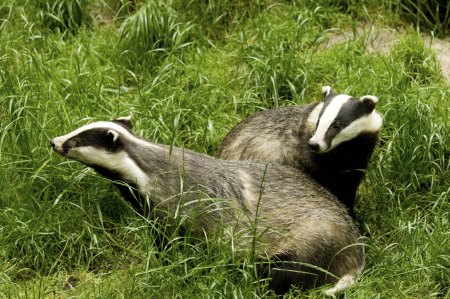
The proposed cull will take place over the next few months and will cover north Pembrokeshire and parts of Ceredigion and Carmarthenshire, areas which the assembly government claim have ‘endemic' bovine TB infections.
Elin Jones, the rural affairs minister, said: ‘Bovine TB is out of control and unsustainable, and, last year, cost the taxpayer nearly £24 million in compensating farmers.
‘This is a dramatic rise since 2000, when the compensation bill was just over £1 million. In 1997, about 700 cattle were culled because of bovine TB. This increased to 12,000 by 2008.
‘We know that cattle and badgers are the main sources of the disease and that, if we want to achieve our aim of eradicating bovine TB, we have to tackle the disease in both species.'
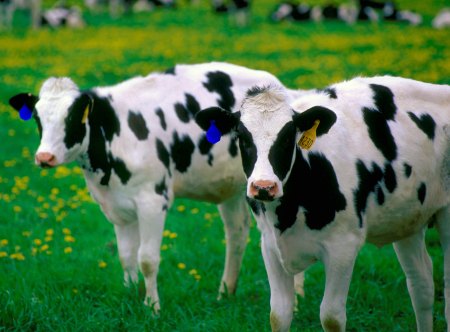
However, Jack Reedy, director of the Badger Trust, said that the cull was ‘not legal', and added: ‘There is no justification for it, because it would not be effective.
Sign up for the Country Life Newsletter
Exquisite houses, the beauty of Nature, and how to get the most from your life, straight to your inbox.
‘The Bern Convention requires that [culling can take place only] to eradicate diseases. All the scientific evidence demonstrates that culling does not eradicate disease. The cull is not supported by the science.'
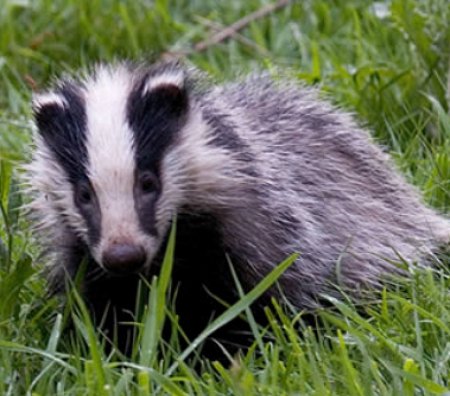
Queen guitarist Brian May, who has supported the charity's campaign, said: 'This is a disappointment, and not just for thousands of innocent badgers. It's a tragedy for farmers, too.
'The decision to cull cannot lead to any significant long-term gain in the fight against bovine TB, even with the complete extermination of our native badgers. All this will be seen in a few years time for what it is—a tragic wrong turn that did nothing to solve the problem.'
Other animal-welfare groups have expressed their concerns at the proposed cull. RSPCA senior wildlife scientist Colin Booty commented: ‘This decision to eliminate badgers from a large area of the Welsh countryside is wrong.'
Mr Booty noted that a 10-year study by the Independent Scientific Group on TB in cattle, which cost £50 million and killed 11,000 badgers, showed that culling carried the risk of actually spreading the disease further.
He added that most badgers aren't even infected with TB: ‘A study of dead badgers by the assembly government published in January 2007 found that seven out of eight badgers tested negative for the disease.'
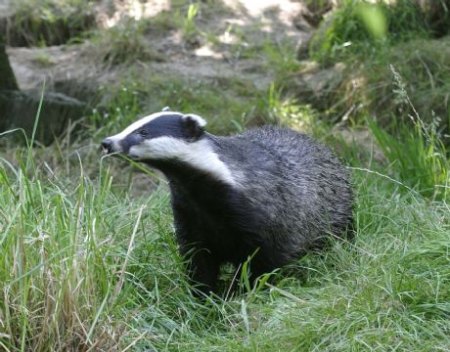
During the hearing, the Badger Trust's barrister, David Wolfe, said that there was a discrepancy in approach between having a cull in Pembrokeshire but possibly vaccinating in other parts of Wales at a later date.
The assembly government's barrister, Timothy Corner QC, argued that vaccination has not been qualified scientifically.
Mr May said that he will not be giving up the fight: 'We are taking advice on appealing at a higher level.'
To comment on this article, use the comment box below, or email us at clonews@ipcmedia.com. Read more about the countryside
For more news stories like this every week subscribe and save
Country Life is unlike any other magazine: the only glossy weekly on the newsstand and the only magazine that has been guest-edited by HRH The King not once, but twice. It is a celebration of modern rural life and all its diverse joys and pleasures — that was first published in Queen Victoria's Diamond Jubilee year. Our eclectic mixture of witty and informative content — from the most up-to-date property news and commentary and a coveted glimpse inside some of the UK's best houses and gardens, to gardening, the arts and interior design, written by experts in their field — still cannot be found in print or online, anywhere else.
-
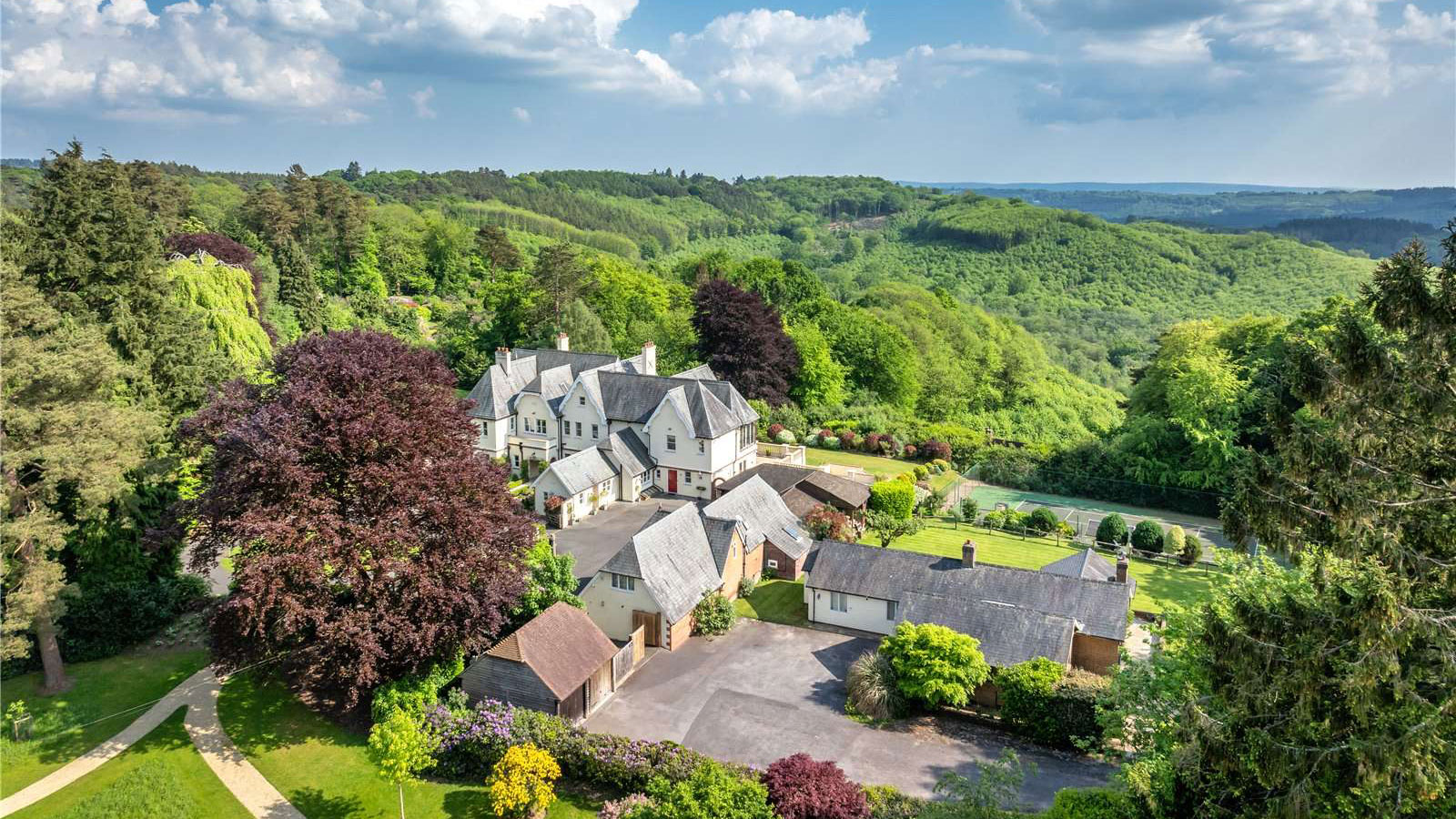 Six rural properties with space, charm and endless views, as seen in Country Life
Six rural properties with space, charm and endless views, as seen in Country LifeWe take a look at some of the best houses to come to the market via Country Life in the past week.
By Toby Keel
-
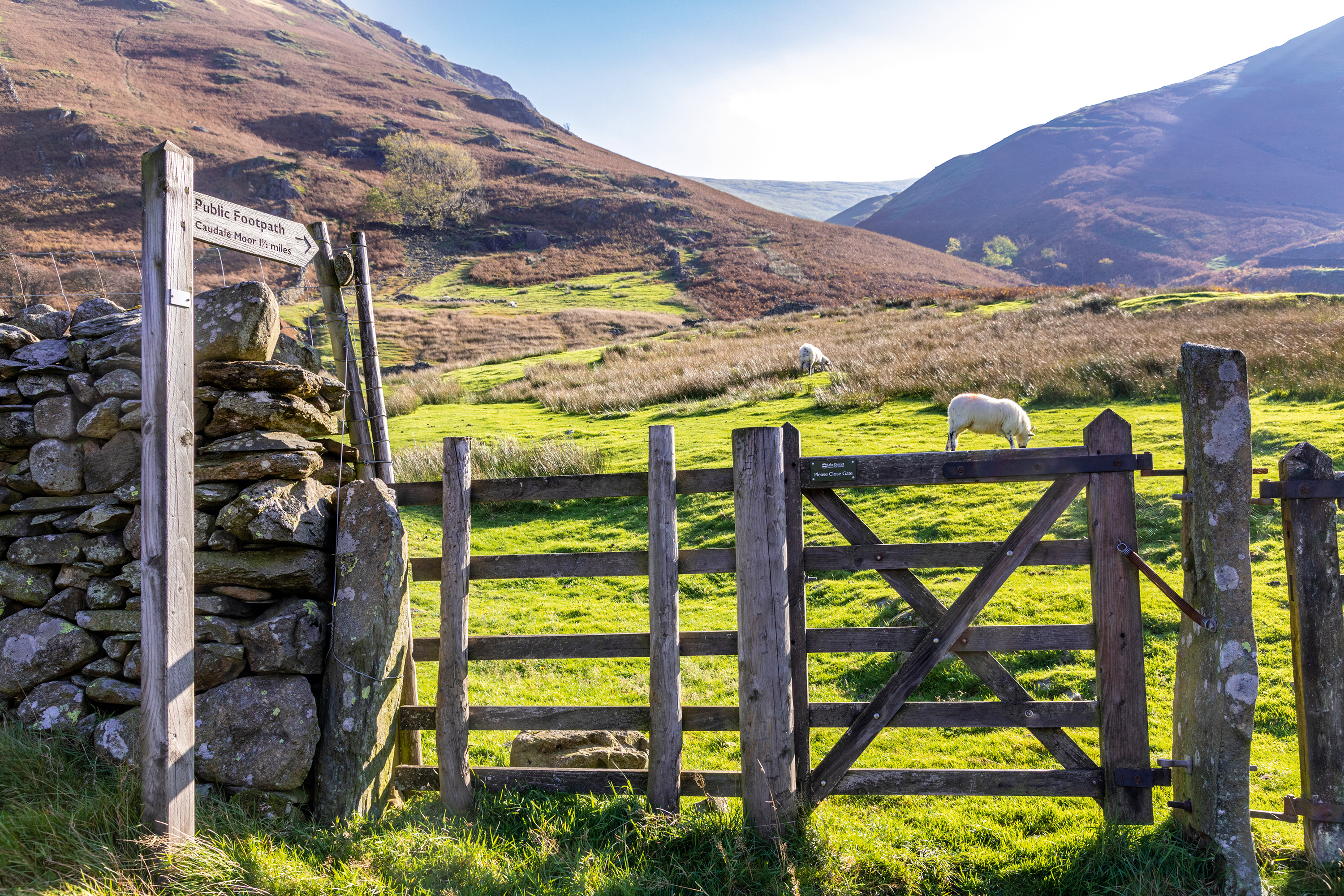 Exploring the countryside is essential for our wellbeing, but Right to Roam is going backwards
Exploring the countryside is essential for our wellbeing, but Right to Roam is going backwardsCampaigners in England often point to Scotland as an example of how brilliantly Right to Roam works, but it's not all it's cracked up to be, says Patrick Galbraith.
By Patrick Galbraith